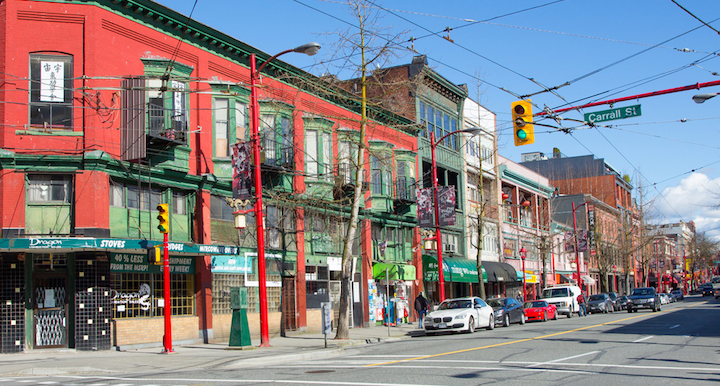I can’t help but wonder sometimes if what I have heard preached from pulpits, on television, social media, and blogs, does nothing more than perpetuate classism, racism, and the collapse of communities due to gentrification.
It appears that many faith leaders have been able to build communities and churches by choosing areas of specialization. You have those who focus on spirituality, those who focus on service, those who focus on entertaining theatrical experiences, those who pride themselves of making empty promises of prosperity to the poor, those who focus on purpose as means to personal prosperity, and those who focus on justice issues void of justification through Christ. That said, there are justice minded congregations whose work is rooted in who they believe they are called to be as Christians. In my opinion, these are the more healthy well-rounded environments. But again, as someone whose work focuses on changing the life outcomes of oppressed people, I am biased towards congregations that are spiritual, social and practical.
As a kid I lived in many communities in Northern California, two of which were Hunters Point and the the Mission District. Hunters Point was a poor community and by all definitions considered the ghetto. The Mission District was a predominantly Mexican community, also poor and perhaps could have been considered a ghetto. But growing up, that label was only used for Black communities. I’m not sure if the Mission would have been called a ghetto, but it was definitely lower income. We couldn’t have lived there if it wasn’t.
As an adult I also lived in Shaw/Howard University community of Washington, DC. It was a predominantly Black community with some significantly poor pockets. There was crime, violence, drugs, prostitution, etc.
All of the communities mentioned have now change and are in the final stages of gentrification. All of these communities have churches in them with long standing histories. For most of the churches in these communities they are suffering to maintain membership or grow. Other churches have decided to either close or move to the suburbs because they believe “That’s where the people are going.” Some move to the suburbs because their members with money have moved to the suburbs so they have decided to follow the money; for others they are being forced to the suburbs due to their inability to find relevance with the new people who now live in the community as a result of gentrification. And for still others, they are moving to the suburbs because it allows them more space to build bigger churches.
Has our message and preaching perpetuated and paved the way for gentrification? If churches were equipping people inside and outside the church with life skills and other tools that enable them to get a quality education, start businesses, attend college, make financial contributions as an investment in the lives of other people (not in building maintenance), purchase their homes rather than rent, own their business rather than rent the from people who don’t live in the community, vote to address social ills that impact the community, cultivate leaders from the community who are able to then run for public office and have a vested interested in the future of their community, then isn’t it possible that gentrification would not be taking place?
Here are my questions:
- What have we been preaching that may have led to the demise of our communities? Have we only preached to give people hope but done nothing to change the life outcomes of those who feel hopeless?
- Have we preached heaven while corporations and construction companies buy the earth right from under our feet?
- Have we preached prosperity to the poor without equipping them with the skills to compete for jobs, without teaching them how to save and invest their money, without making sure their children are well educated and able to attend college so that they can compete for high paying jobs?
- Have we preached purpose and personal gain in such a way that now all people care about is themselves and what God is going to do for them?
- Have we decided that the best an all powerful God can do about poverty is allow us to feed the poor, donate our used clothing, or provided other services that sustain life in its present circumstances? Is our God powerful enough to change life’s circumstances?
- Is our idea of intentional community one that allows us to move in and buy our homes so that we can live amongst people who are still poor and renting? And do we even invite people who don’t look like us into our intentional community or are we just intentional about keeping them out because they don’t look like us or are not like us?
Inner city communities across the country are gentrifying. It not primarily the fault of the church, but that does not mean we are not at fault and have not been complicit in the displacement of people who once called these communities homes.
If we are going to save what’s left of our communities and the families that reside in them, it will require messages and ministries that are practical. We need messages and ministries that change the life outcomes of the people we serve. We have to ask the question, what do the people need that will empower them to change their lives and sustain community as we know it?
And we have to trust God to lead us toward answers.

